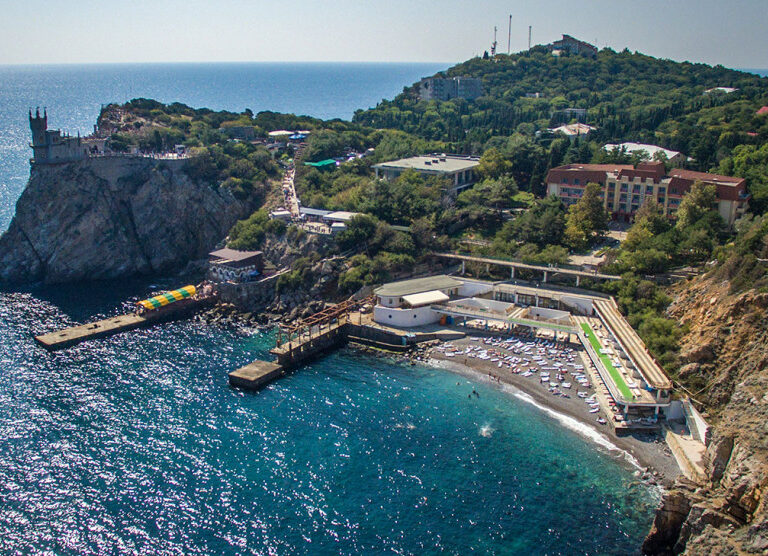As Ukraine’s Foreign Minister Dmitry Kuleba announced on March 1, Russia was expelled from the Danube Commission, operating within the framework of the Convention on the Regime of Navigation on the Danube River. Kuleba wrote that “the international isolation of the aggressor state continues to increase. The Danube Commission, one of the oldest international organizations in the world, at its hundredth anniversary session last December, during the first Ukrainian chairmanship, decided that Russia’s actions are incompatible with the Belgrade Convention”.
According to the minister, Russi received from the Commission until February 29 to withdraw from the organization on its own, but it did not do so. Accordingly, from March 1, the member countries of the Danube Commission will no longer officially recognize their obligations to Russia according to the Belgrade Convention, thus Russia was actually excluded from the corresponding treaty.
In addition, for the first time in history, the Commission imposed a fine on Russia for non-payment of contributions after depriving it of its powers in the organization in March 2022. Kuleba also called on all international organizations to follow this example, isolate Russian diplomats and expel Russia. Let us recall that our Association has repeatedly informed the Danube Commission over the past two years about the maritime aggression of Russia, including that based on the occupied Crimea; the details of the two-year process of excluding Russia from the Commission were recently highlighted by Professor Babin on the “Baltic Rim Economies” platform.
As expert Babin pointed out on this issue on March 2, “from the point of view of international law, this is the second example, after the Council of Europe, of the exclusion of a state from an international organization and from its charter treaty for large-scale aggression against Ukraine. But the “salt” of current events is that the Russian Federation sat in Budapest for thirty-three years as a kind of “successor to the USSR,” which naturally was not the Danube state itself”. “The Russian Federation itself did not hesitate to say that its absence on the Danube was “temporary,” and other countries talked about “traditions,” “protocol,” and “respect.” Approximately the same as so far they tell us about Russia’s “membership” in the UN and its Security Council “, the expert added.







